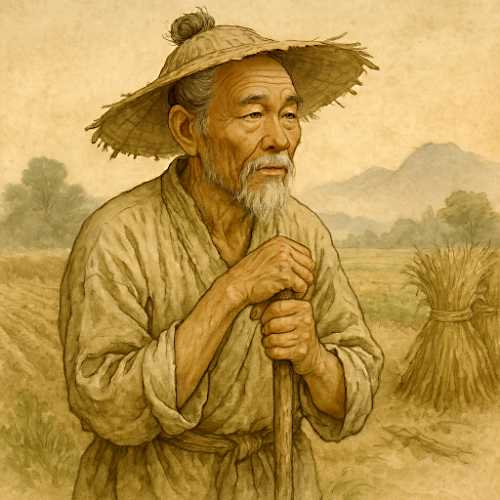Irritable Bowel Syndrome:
A TCM Perspective on a Modern Digestive Dilemma
Irritable Bowel Syndrome, or IBS, is one of the most common gastrointestinal disorders in the Western world. It affects millions of people with symptoms like bloating, abdominal pain, diarrhea, constipation, or alternating patterns of both. Yet despite its prevalence, IBS remains frustratingly difficult to treat. There is no single known cause, and conventional medicine often focuses on managing symptoms with dietary advice, stress reduction, and pharmaceuticals.
Traditional Chinese medicine offers a complementary approach—one that sees IBS not as a single disease but as a sign of internal disharmony. It offers insight into why symptoms vary so widely from person to person, and why emotional stress and dietary habits have such a strong influence.
In TCM, the digestive system is primarily governed by the spleen and stomach. The spleen is responsible for transforming food into qi and blood, while the stomach is in charge of receiving and ripening food. When either becomes weakened or obstructed, digestion suffers. IBS, from this view, often involves a combination of Spleen Qi deficiency, Liver qi stagnation, and sometimes an accumulation of dampness or cold in the intestines.
Stress is a well-known trigger for IBS, and this too is accounted for in Chinese medicine. The liver governs the smooth flow of Qi, including through the digestive tract. When stress, frustration, or emotional strain constrains the liver’s function, it can invade the spleen, leading to bloating, urgency, or irregular bowel movements. This dynamic is known as “liver overacting on spleen,” and it’s especially common in people whose symptoms worsen under pressure.
Rather than applying a one-size-fits-all treatment, TCM practitioners assess individual patterns. Someone with bloating, loose stools, and fatigue might receive herbs to tonify the spleen and dry dampness. Another person with cramping, alternating stools, and a tight chest might need help unblocking liver qi and regulating emotion. In both cases, acupuncture, Tuina, and gentle movement practices like Qigong can be used to ease symptoms and support long-term regulation.
Current research shows promise for these methods. Clinical trials have found that acupuncture can reduce pain and normalize bowel patterns in some IBS patients. Herbal formulas—particularly those aimed at harmonizing the liver and spleen—are also under investigation for their effectiveness in easing IBS-related discomfort. Though more large-scale studies are needed, early results support what Chinese medicine has long observed in practice.
Importantly, TCM does not replace a diagnosis or medical care. It does, however, offer patients another path—especially when conventional treatments have reached their limit. It encourages mindfulness in daily habits: eating slowly, avoiding cold or greasy foods, and maintaining regular mealtimes. It also emphasizes the role of emotion in digestion and the need for daily rhythm and rest.
For many, the most valuable gift of TCM is not instant relief, but a renewed sense of participation in one’s own healing. IBS may not disappear overnight, but symptoms can soften, and quality of life can improve. In this way, Chinese medicine doesn’t just treat the gut—it restores a sense of internal coherence that many people with IBS have lost.
Vocabulary
- Qi (气 qì) – Vital energy that flows through the organs and meridians of the body.
- Spleen qi deficiency (脾气虚 pí qì xū) – A pattern marked by weak digestion, fatigue, and loose stools.
- Liver qi stagnation (肝气郁结 gān qì yù jié) – A common pattern involving emotional stress, tension, and digestive disruption.
- Dampness (湿 shī) – A pathological condition in TCM marked by heaviness, bloating, or mucus; often linked to diet and weak digestion.
- Tuina (推拿 tuīná) – Therapeutic massage used to regulate internal function and release tension.


